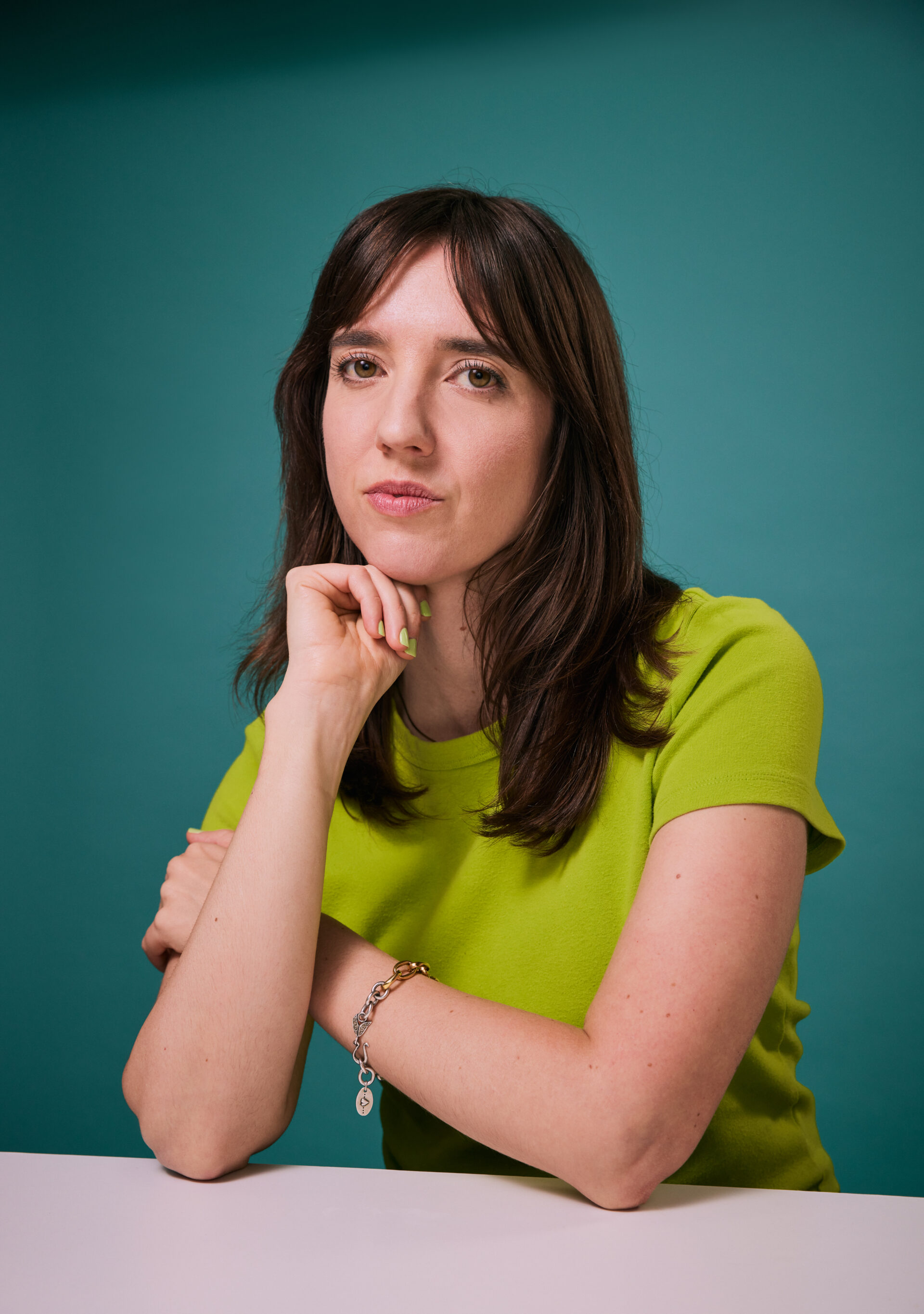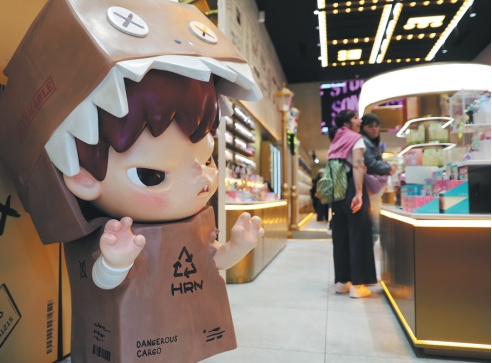Editor’s Note: Soon after North Carolina’s governor signed into law HB2, the so-called “bathroom bill,” which requires transgender people to use the public bathroom that matches the sex on their birth certificate, Mississippi passed HB 1523, which allows certain businesses to refuse LGBTQ people services based on religious and moral grounds.
Douglas Ray, who was born in Mississippi and teaches high school English in Alabama, will move to Ohio for a new job this fall. Ray said that, while the HB1523 legislation did not prompt him to move North, the forces that motivate such laws do not create an atmosphere of welcome or community for people who identify as LGBTQ.
These are my last few days in the South. After 24 years in Mississippi and six in Alabama, I’m moving to Ohio to teach at a boarding school. As my time in my current school community dwindles, I am doing as much as possible to spend time with my students, their parents — my friends.
One of the parents at my school, a Greek-American dad who loves his children and those who take care of them, came over to me at a soccer game and said, “Mississippi has been in the news.” I said, “Yeah, I’m not proud.”
After I heard that Mississippi Gov. Phil Bryant had passed HB1523, I had to wonder if all of the places I frequented as a boy in the Magnolia State with my Southern Baptist parents would welcome me — still the same person, still gay — back again.
My experience for the first 18 years of my life in Mississippi was very much limited to the company of people who looked and lived just like me. I attended an independent school, which was nearly 100 percent white, and the diversity amongst the students and faculty rested almost solely on which Protestant denomination each person belonged to.
When I went to a public state university, I realized how much I could learn, how much more complicated the world could be, and I achieved that by talking and listening to my classmates as much as from reading great books. I understood then that education, as John Dewey would argue, is experiential. And of utmost importance is the experience of difference and ambiguity. That’s not something I was able to think about until later in life; perhaps that lack of experience made my own coming out much more pained than it needed to be.
Now, I teach in an independent school with a fair amount of racial, national, religious, sexual and gender diversity and with a commitment to increase the socioeconomic diversity. We are a boarding school in Birmingham, Alabama, where All-Gender restrooms dot the campus in order to be as trans-affirming as possible, where you’ll hear a wide array of languages in the lunchroom, where passports from 13 different countries are stashed in the dorms on campus. I do not perform “straight” in the classroom or in the community.
What I’ve noticed is that the students I teach are infinitely more worldly wise and accepting of differences than I was at their age.
Still, the South is a complicated place, as illustrated by two letters of recommendation I wrote back-to-back a few years ago. One letter was for a self-identified conservative, who was president of the Young Republicans. He and his family remain good friends and they accept me and love me for who I am. Part of who I am is gay.
The letter I wrote immediately after was for a trans student, an activist, who so clearly sees the structural and gestural injustices that are part of living today. Together we formed a community — united in our diversity. No, we are not always kind or encouraging to each other; we screw up. But we also forgive. That’s been the hardest thing for me to do for Mississippi — forgive.
I’ve spent a good amount of time in the past several years trying to complicate how people view “queerness in the South,” particularly through my work on the publication of an anthology of LGBTQ writers and teaching courses in queer literature and theory. Many different people wanted to be a part of an anthology that grappled with what it meant to lesbian, gay, bisexual, transgender or queer in the South.
The pain of my own experience of queerness wasn’t erased, but through the stories of others and in guiding them to publication, I found some sort of healing. Perhaps as much as I write in anger, I also write with hope — mainly because I am a teacher, and I know the brilliance and big hearts of my students. I know the generous spirits of Mississippi — the poets, artists, musicians, organizers, philanthropists and activists.
For now, I feel like Quentin Compson from William Faulkner’s “Absalom!, Absalom!”, who, when asked “Why do you hate the South?” he answers, “I don’t hate it…I don’t hate it…I dont hate it…I dont. I dont! I dont hate it! I dont hate it!” But right now, it’s really difficult not to.
Popular News




Current News
Manufacturing

Collaboratively administrate empowered markets via plug-and-play networks. Dynamically procrastinate B2C users after installed base benefits. Dramatically visualize customer directed convergence without
Collaboratively administrate empowered markets via plug-and-play networks. Dynamically procrastinate B2C users after installed base benefits. Dramatically visualize customer directed convergence without revolutionary ROI.





About Us
Tech Photos























